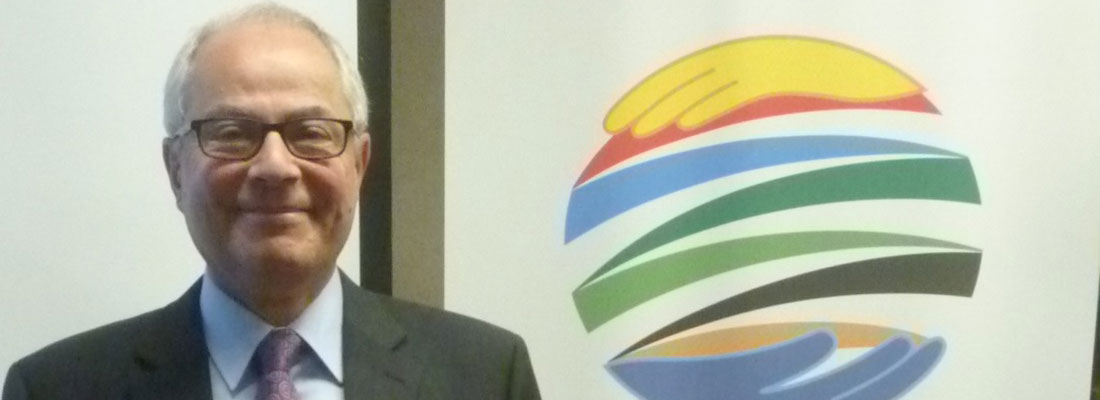The United Nations, G7 Alliance and European Commission are listening to remanufacturers. Fernand Weiland, former chairman of APRA Europe, says the industry will benefit from their support in the challenges which lie ahead.
Conscious that sustainable management of the natural resources of our planet is vital, the United Nations Environment Programme (UNEP) established the International Resource Panel (IRP) in 2007. The objective of the panel was to create a platform which would provide the best knowledge for the efficient management of all natural resources and allow economic growth to be decoupled from the constantly increasing consumption of new material and new energy. UNEP further confirmed that the circular economy - of which remanufacturing is an important element - is an approach which can contribute significantly to sustainable production and consumption of material and energy.
Supported by the IRP, Professor Nabil Nasr (a long-time adviser of APRA and the remanufacturing industry) of the Rochester Institute of Technology, is conducting research on product life extension – such as remanufacturing and its contribution to increasing efficient use and reuse of material and energy. Life extension processes allow material and embedded energy to remain in circulation for longer periods, offsetting the production of new primary material and the use of new energy.
UNEP workshops
Stakeholders were recently invited by UNEP-IRP, the G7 Alliance and the European Commission to workshops in Berlin and Brussels with the objective of allowing the IRP to engage with academic experts and leading remanufacturers. Professor Nasr, who presented the preliminary results of his study at the workshops, said they are “an opportunity for the industry to give to the policy makers their latest insights and recommendations on how to drive and advance European remanufacturing, refurbishing and reusing”.
Gathering information and demonstrating how remanufacturing can contribute to resource efficiency formed the content of the workshops. Equally important was the opportunity to discuss market and technical challenges, logistics and the legal barriers for remanufacturers which exist in many countries.
Important role for APRA
APRA board members played an important role in a previous workshop held in Berlin last October, which did mostly focus on the remanufacturing of automotive, imaging equipment such as large printers, and heavy duty. Professor Rolf Steinhilper, from the University of Bayreuth, presented the state of the European remanufacturing industry. Soren Toft-Jensen, president of Borg Automotive, reviewed the challenges and opportunities for automotive remanufacturing. APRA board members Peter Bartel and Fernand Weiland participated in the discussion on key issues related to the circular economy and perspectives for the remanufacturing industry.
Following these workshops, the European Commission (under the aegis of the G7 Resource Efficiency Alliance) will discuss concrete measures to overcome the barriers for remanufacturing and how to promote remanufacturing with all industry sectors - and with the general public. Recommendations to be considered include: increasing the public procurement of reman, incentivising the market to improve acceptance, changing the legal situation where cores are treated as waste and hindering remanufacturing, improving the design for reparability and so on.
These activities by the United Nations and the European Commission prove that remanufacturing continues to be on their agenda and this means that remanufacturers will in the future enjoy their support in developing our businesses.






